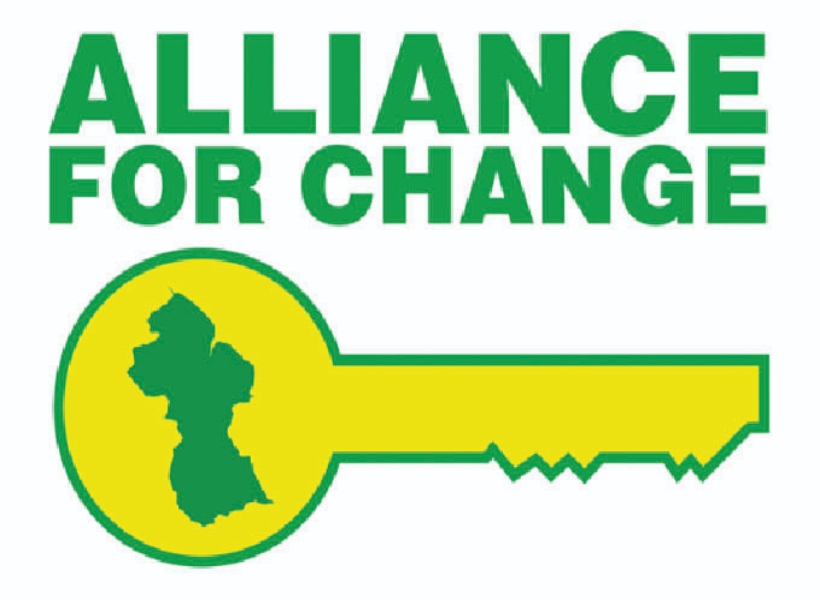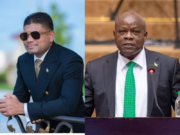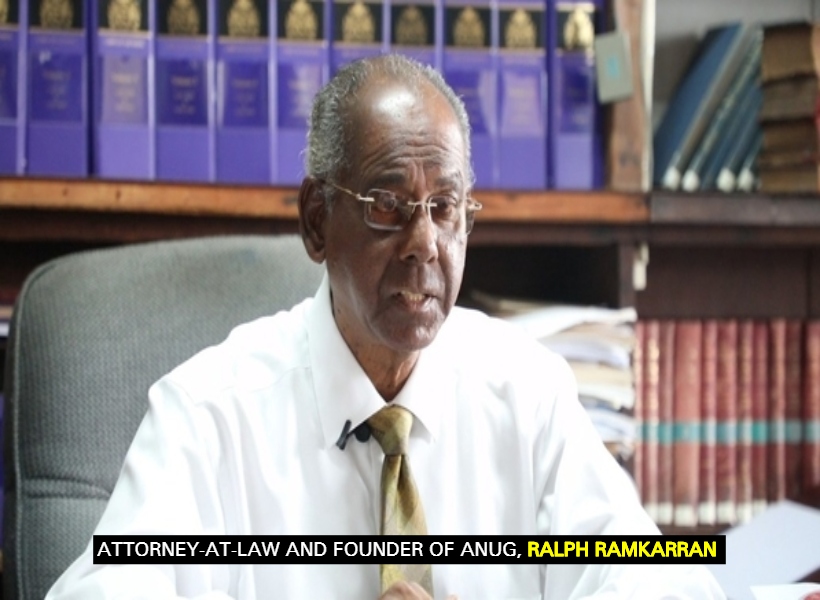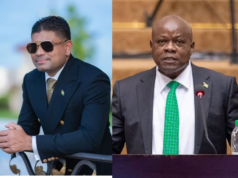With preparations for elections next year moving ahead, a number of new political animals are creeping into the environment. Thus far, Guyanese have witnessed the emergence of parties such as the Liberty and Justice Party (LJP), A New and United Guyana (ANUG), the Citizenship Initiative (CI), and the Change Guyana Party (CG).
In the eyes of former House Speaker, Ralph Ramkarran who now serves as ANUG’s Presidential Candidate, the number of new entrants to the political scene so far is “unprecedented.” He made this known even as he pointed out that at least one other group is organizing a political party to be launched soon.
In his most recent commentary on his blog called Conversation Tree, Ramkarran posited that the immediate factor which may be responsible for the number of new political parties coming on stream at this time is the “collapse of the Alliance For Change (AFC) which declined from 10 percent support in the 2011 general elections to four percent in the local government elections in 2018.” He opined the AFC may have lost some more support since then.
Further, Ramkarran said that these new political parties could not have failed to observe that there is a pool of at least six percent of the electorate who may be looking for a political home. As such, Ramkarran said it is possible that the potential of attracting this support has been partially responsible for the number of new political parties being introduced to the electorate.
Additionally, Ramkarran said it would not have been lost on these new parties that political support of the core Guyanese electorate has long been concretized by ethnic cleavages. He said that some are even relying on the substantial youth vote on the basis that the youth are less motivated by ethnic considerations and more by matters of principle and policy.
But there are other issues at stake, the former House Speaker stressed. In this regard, the politician said that the three newly established political parties all have promoted as important aspects of their programmes, the matter of constitutional reform. Of the three, ANUG, he believes, has been the most forthright, setting out its proposals in some detail and describing its proposals for a new governance structure of executive equality, a constituency electoral system with proportionality and a Parliament excluding the executive, as its main vision.
Ramkarran said that the promotion of constitutional reform by the three parties, which have been established, reflects the importance which they attach to the failure of the APNU+AFC administration to implement the constitutional reform proposals which it promised in its manifesto.
He said that the public should be reminded that those proposals promised, in effect, a constitutionally mandated national unity government by having separate presidential elections, with the contestant obtaining the highest votes becoming the president, the contestant obtaining the second-highest votes becoming the prime minister and with all political parties obtaining more than 30 percent of the votes having a place in the government in proportion to the votes obtained.
“Had this amendment to the constitution been implemented, a national unity government would have now been in place and the proliferation of third parties would not have been occurring,” the politician concluded.









